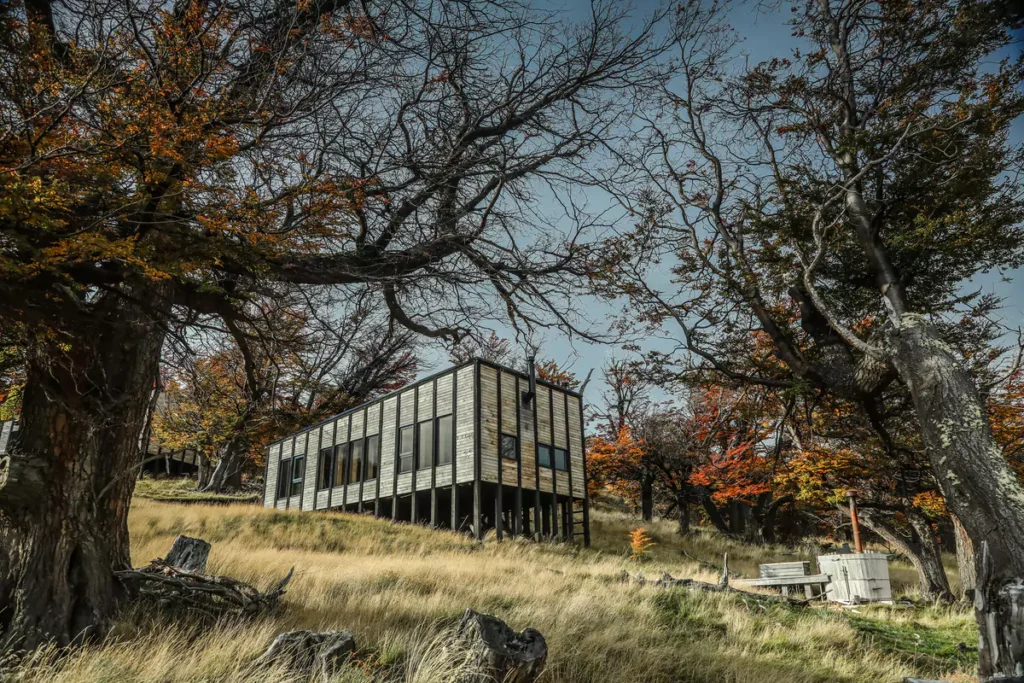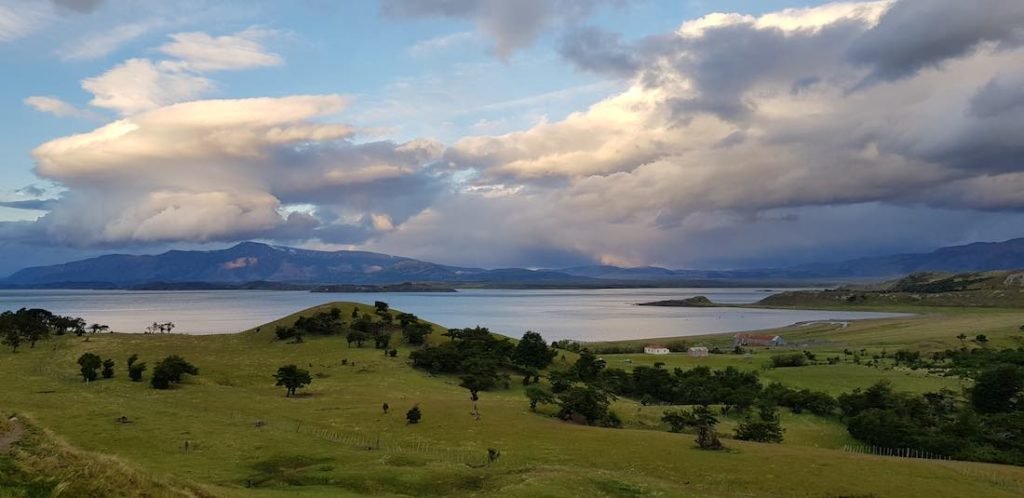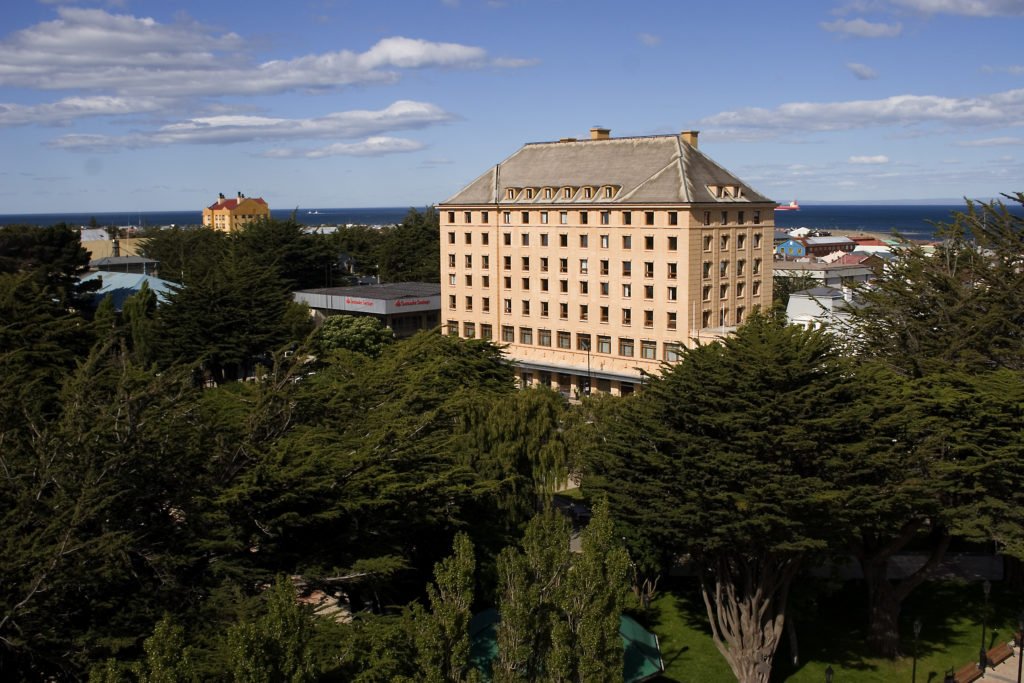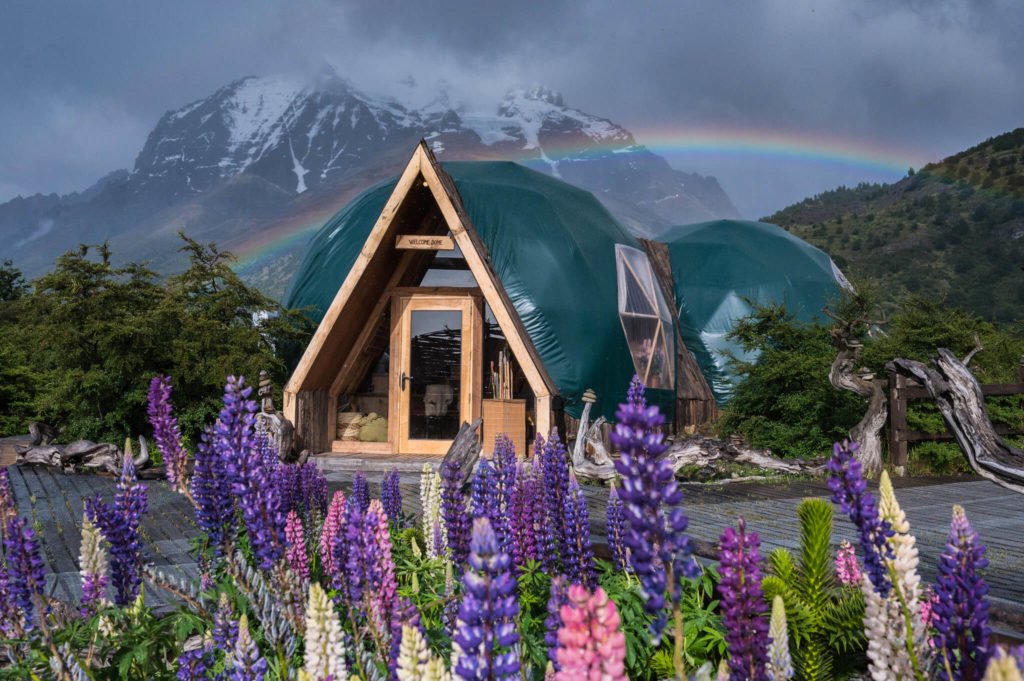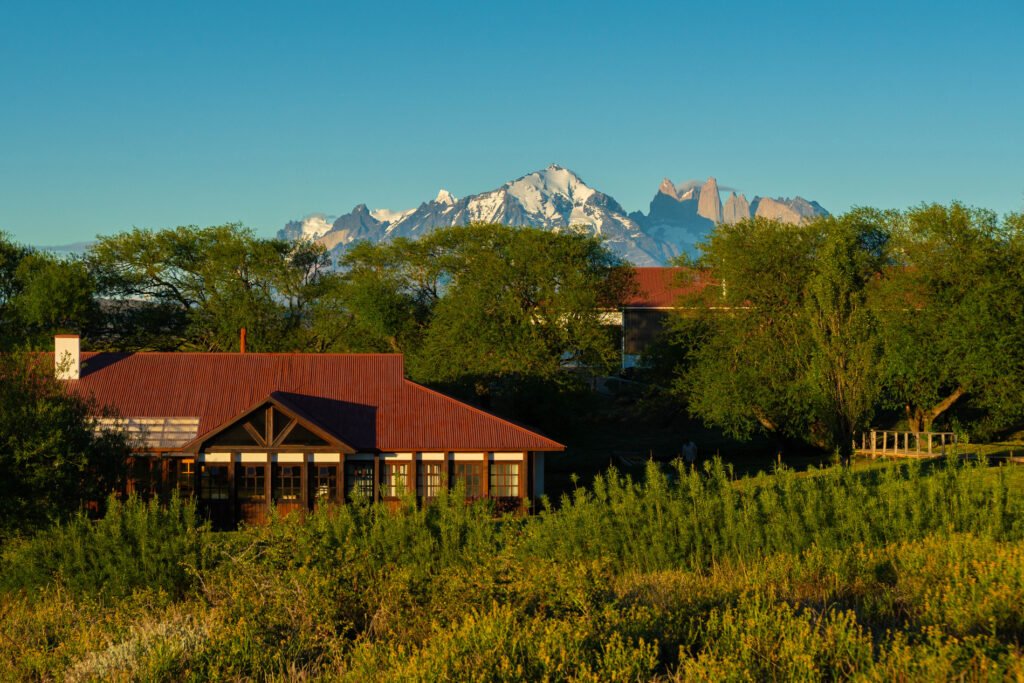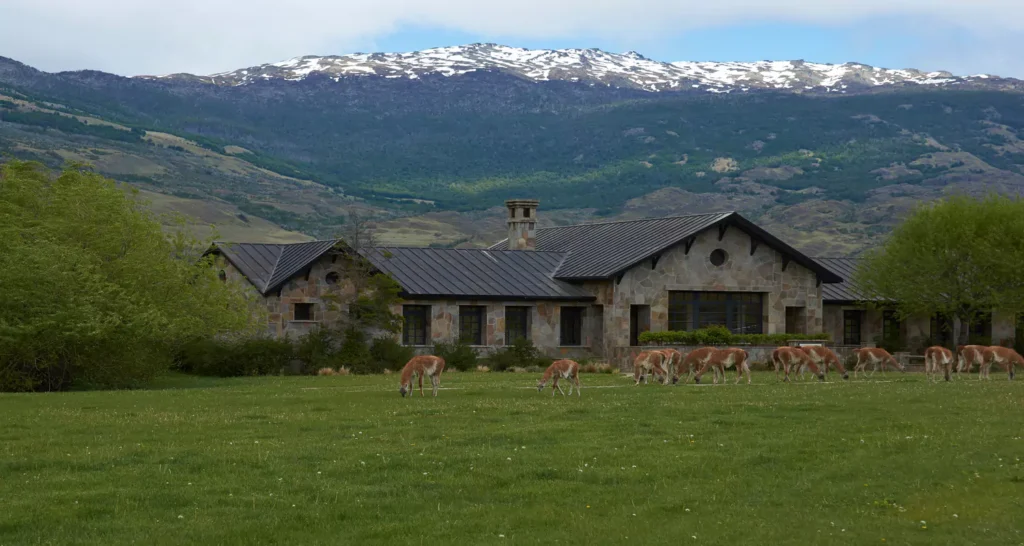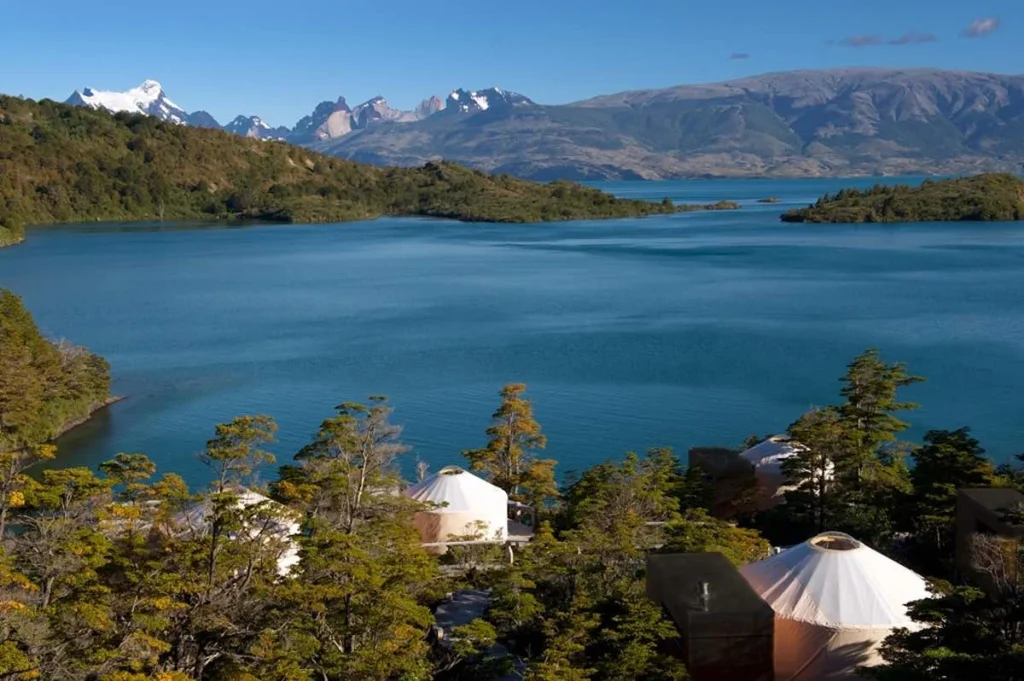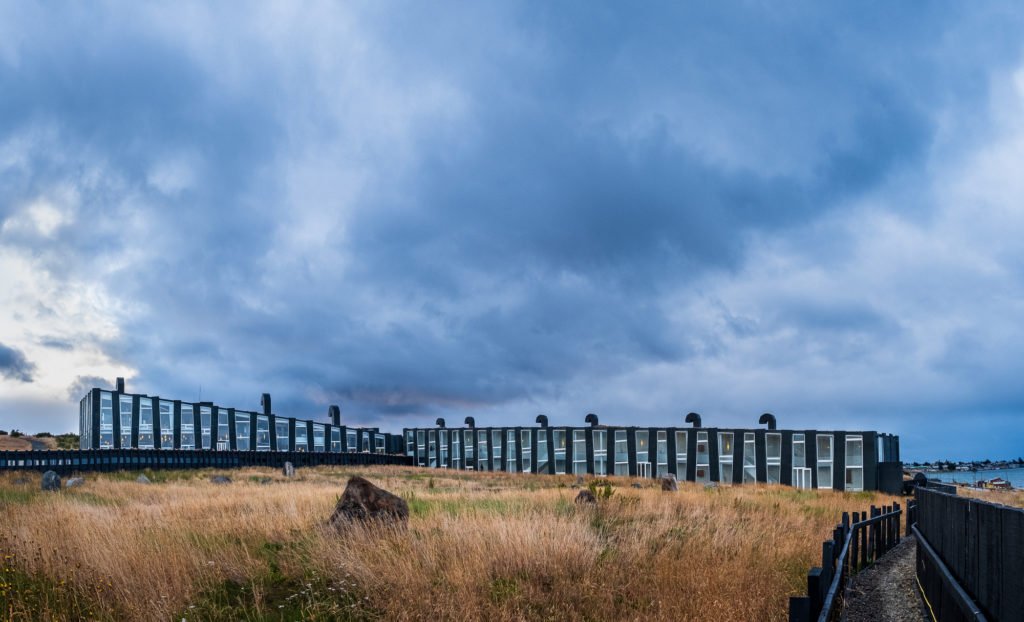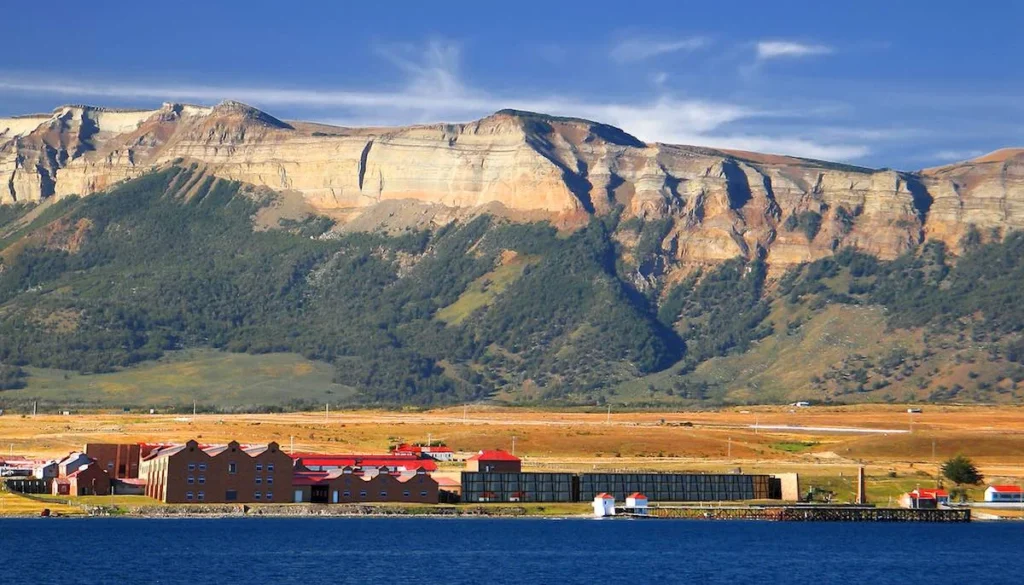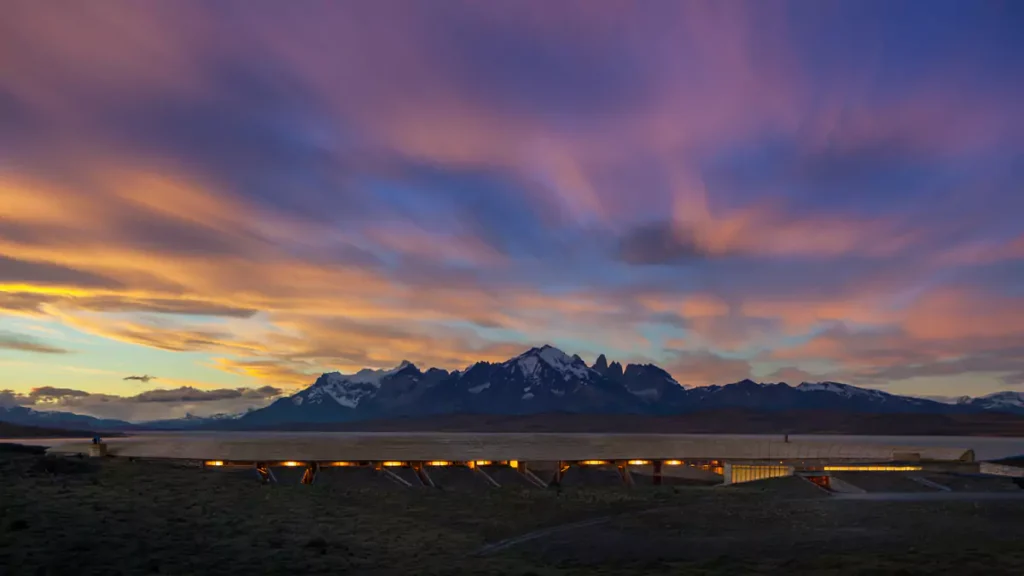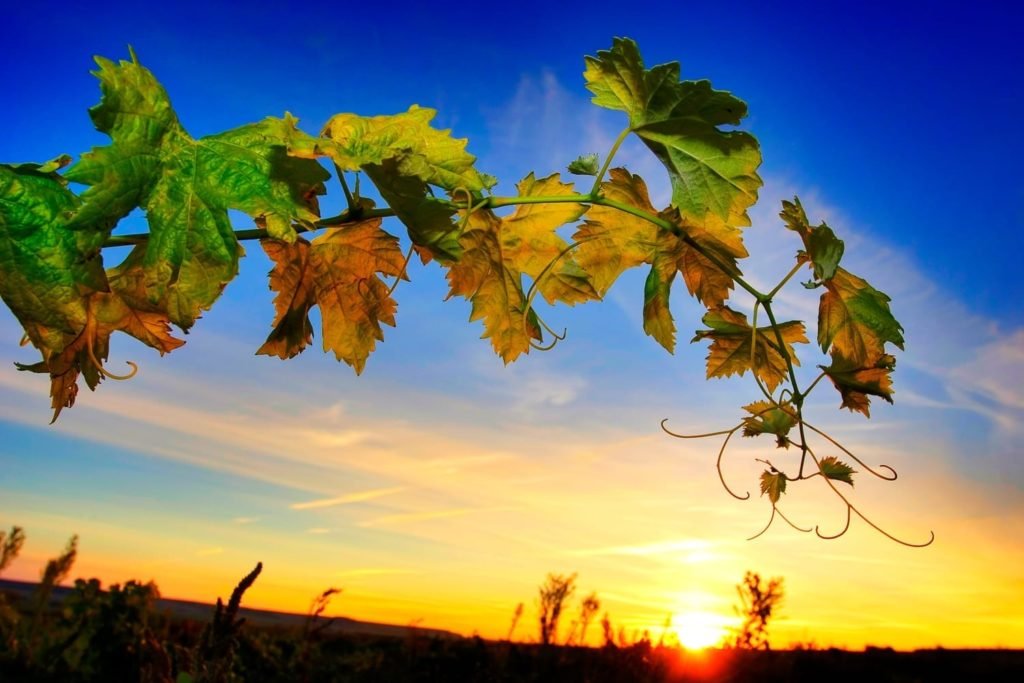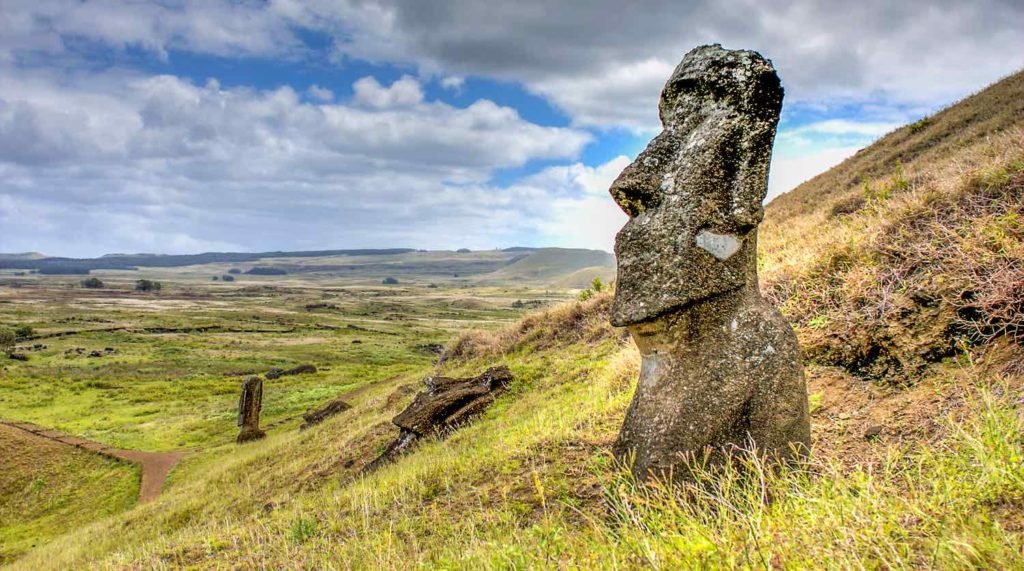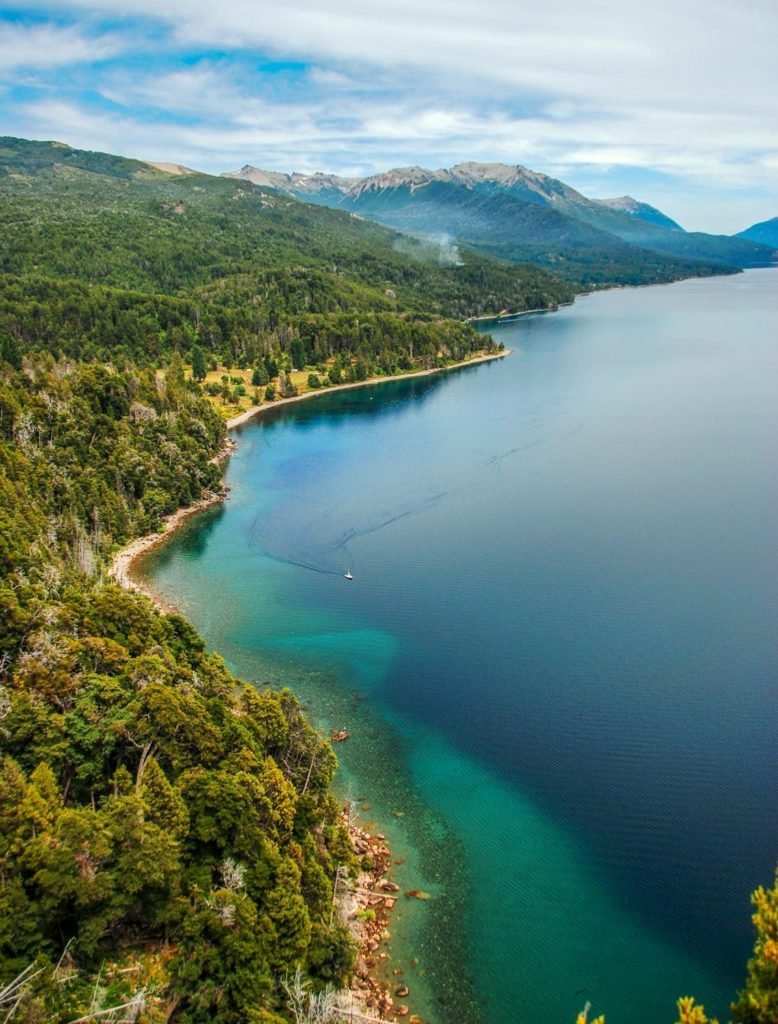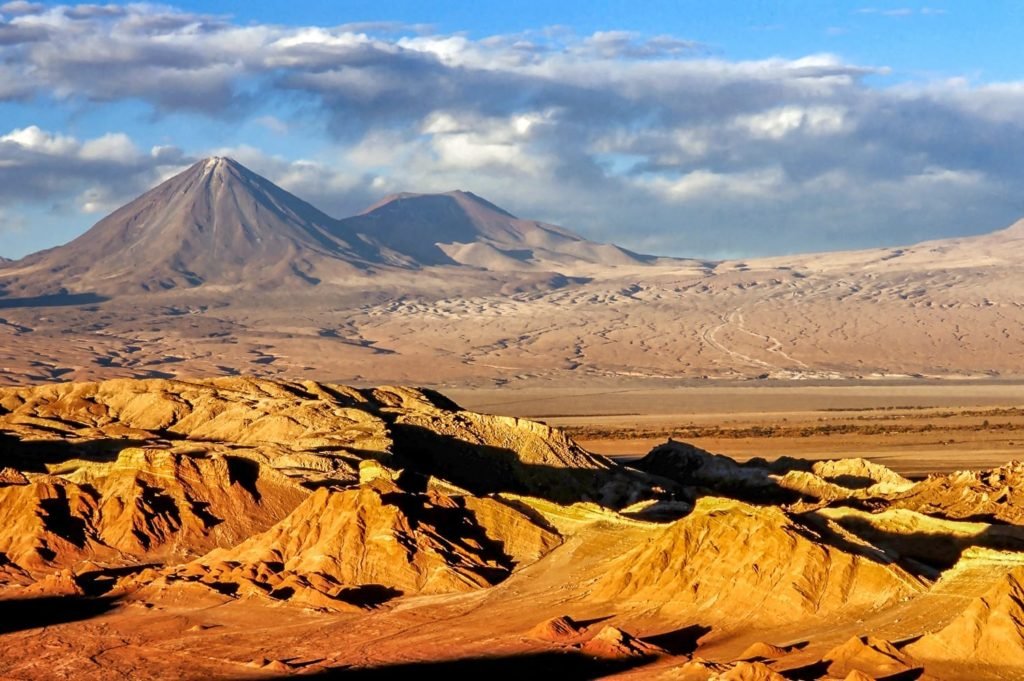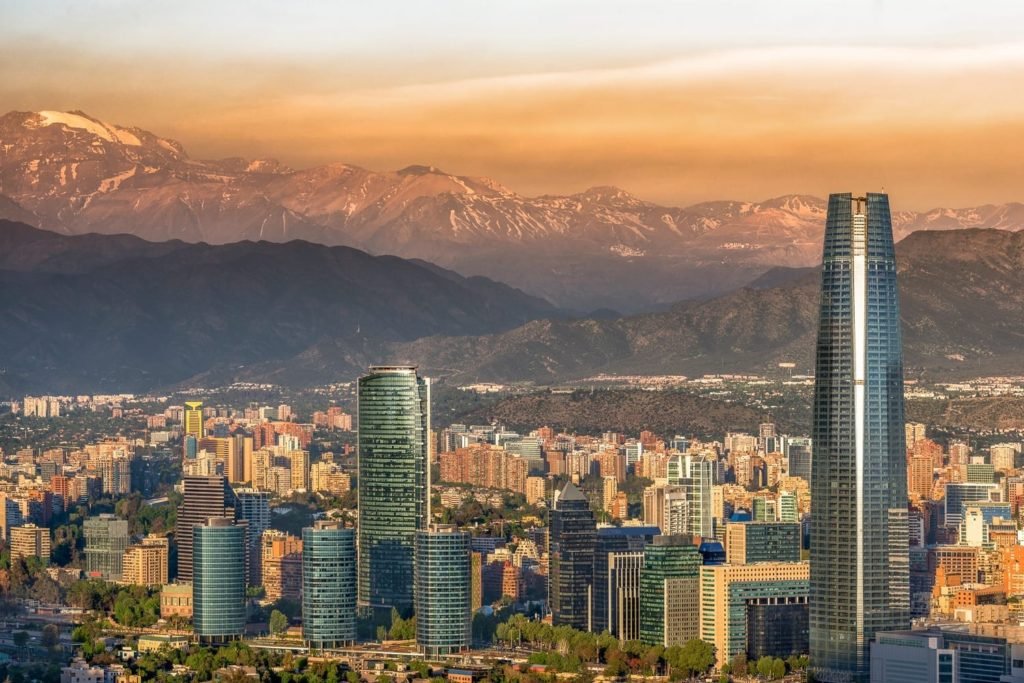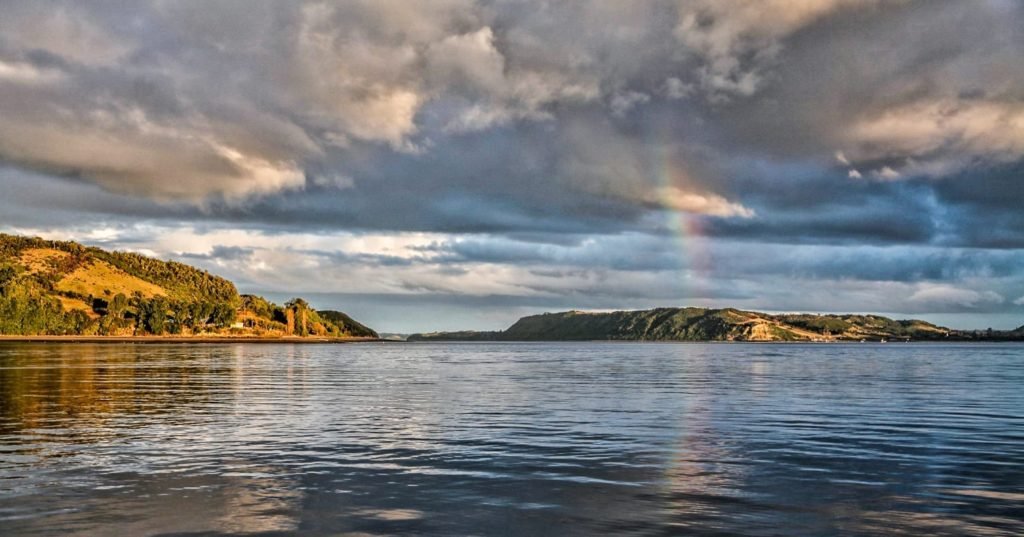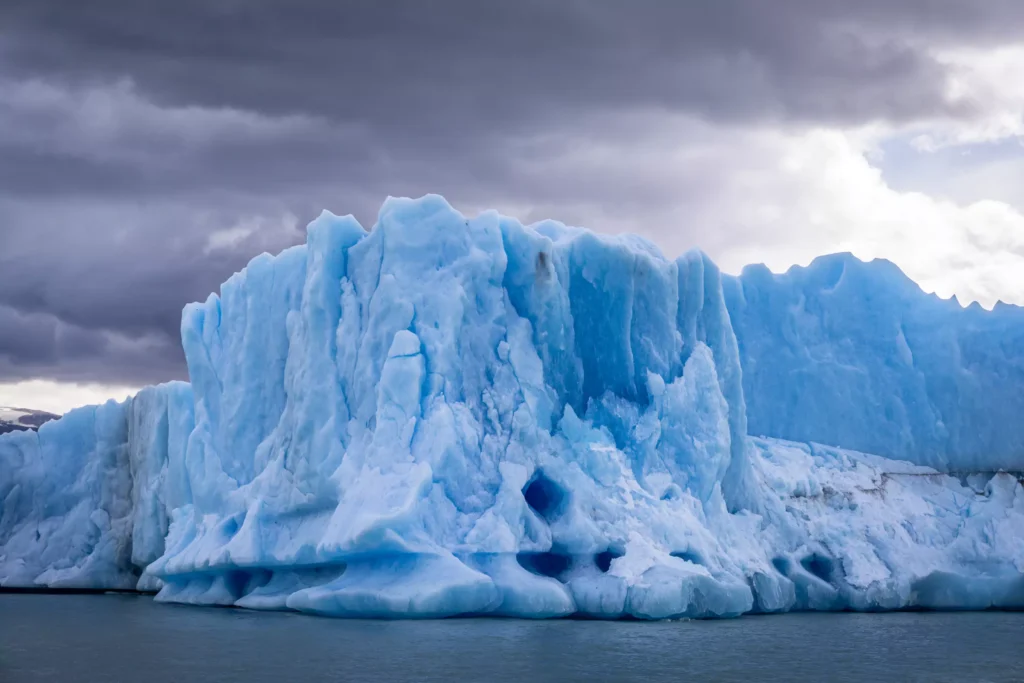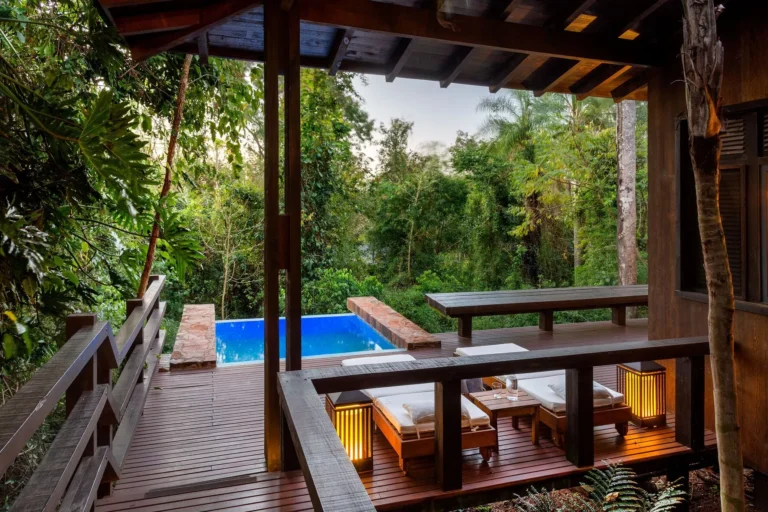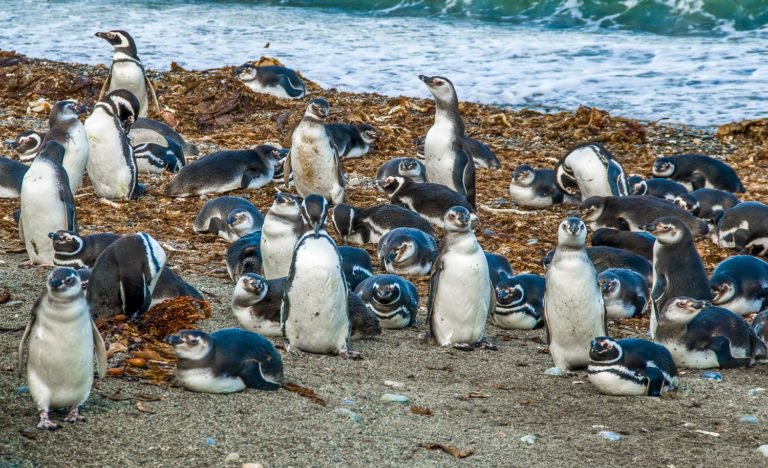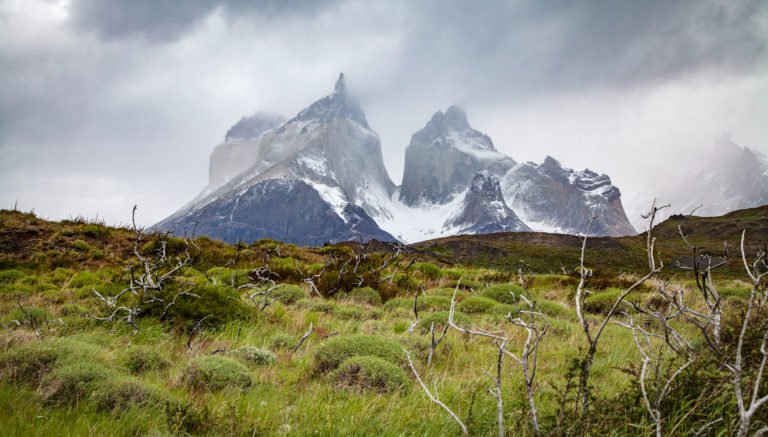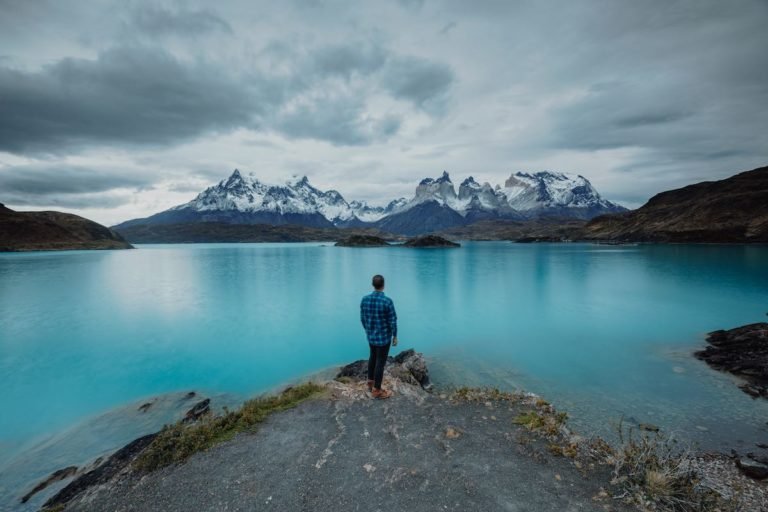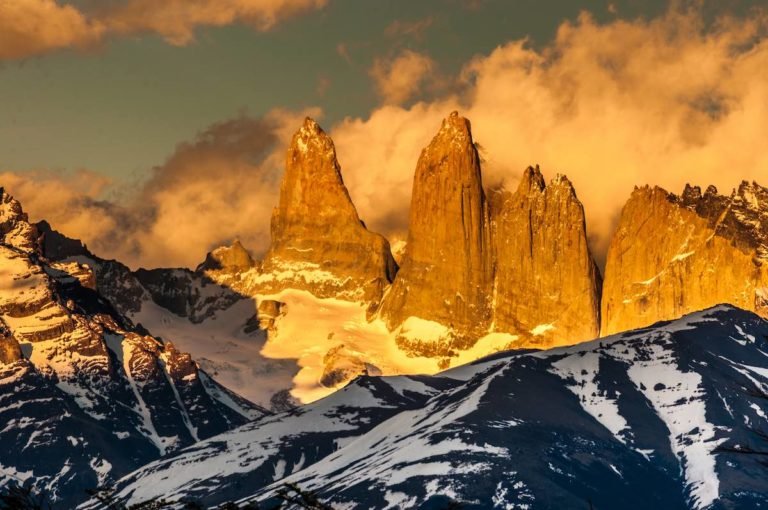Torres del Paine: Chile’s Majestic Wilderness
The Torres del Paine National Park may be the most spectacular region in Chilean Patagonia. This National Park is renowned for its towering granite peaks, sparkling lakes, and expansive glaciers. The UNESCO Biosphere Reserve spans over 440,000 acres, featuring many diverse ecosystems. The park’s iconic landscapes provide a haven for wildlife such as guanacos, condors, pumas, and more, as well as over 100 avian species including flamingos, parakeets, condors, and rheas.
Known as one of the premier trekking destinations in the world, Torres del Paine attracts adventurers and nature enthusiasts seeking the beauty and solitude of Patagonia’s untouched wilderness.
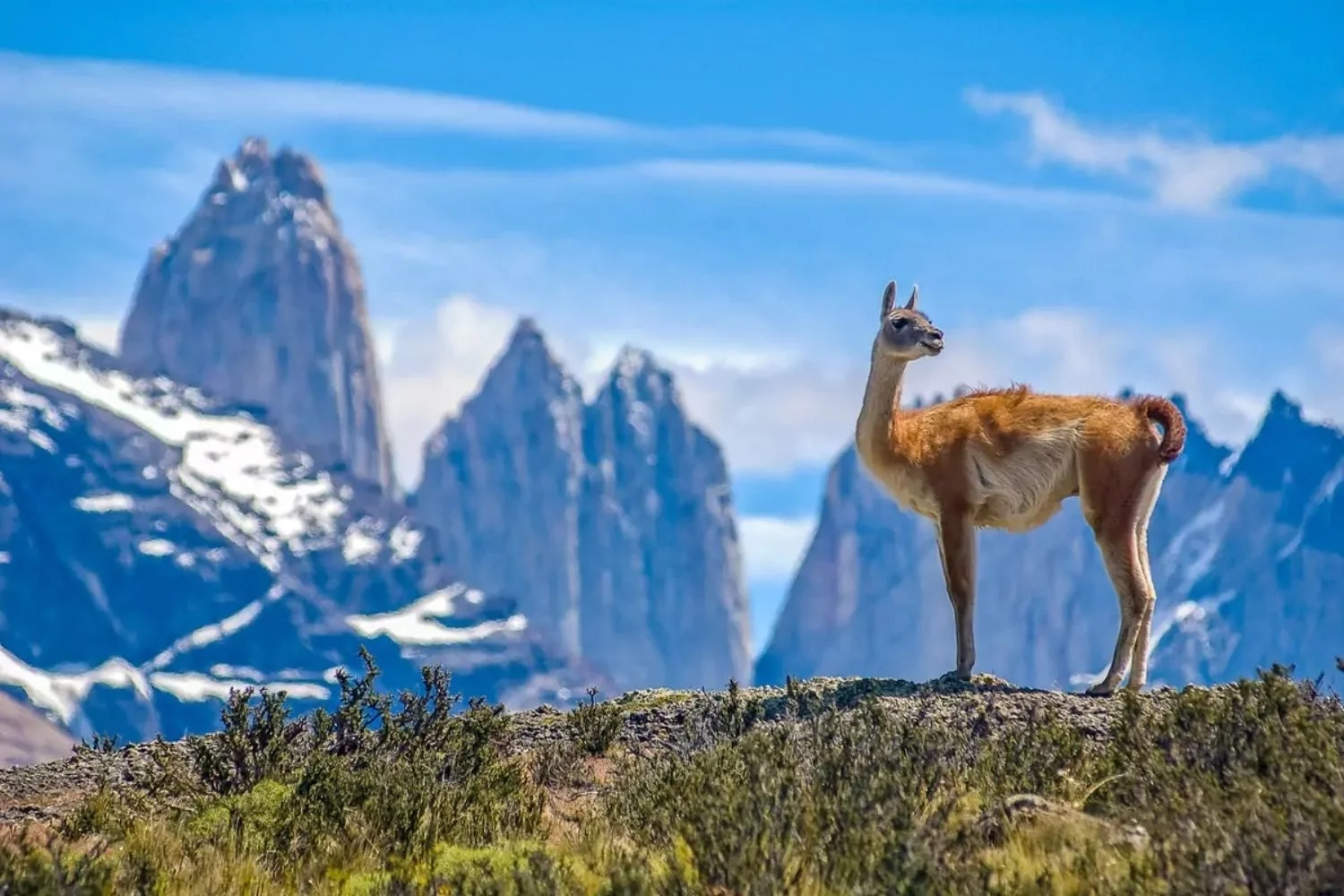
The breathtaking peaks and ridges of the Paine Massif form a postcard-perfect backdrop for 927 square miles of ancient glaciers, windswept grasslands, and turquoise lakes. Paine is a Tehuelche word meaning “blue”—a reference to the park’s resplendent glacial waters.
Although adjacent to the Andes, Torres del Paine is a separate and much newer geologic formation. The salmon-colored Torres (or Towers) are among the highest sheer drops on the planet. The south tower is thought to be the tallest, with a vertical height of over 8,200 feet. The Cuernos (or Horns) are rugged granite spires, varying in color from pale grey to deep black.
What to do in Torres del Paine
Most lodges in the Torres del Paine area offer all-inclusive options with full board and guided excursions. Visitors to Torres del Paine can spend days:
- Hiking
- Horseback riding
- Mountain Biking
- Kayaking
- Boating
- Fly-fishing
- Visits to glaciers
- Wildlife-spotting excursions to observe guanacos, pumas, foxes, etc.
- Puma tracking
- Birdwatching
Day hikes can take you to the Towers, the breathtaking French Valley, or Grey Glacier, among many other routes. Among birdwatchers, the hike to Lago Pingo is a favorite.
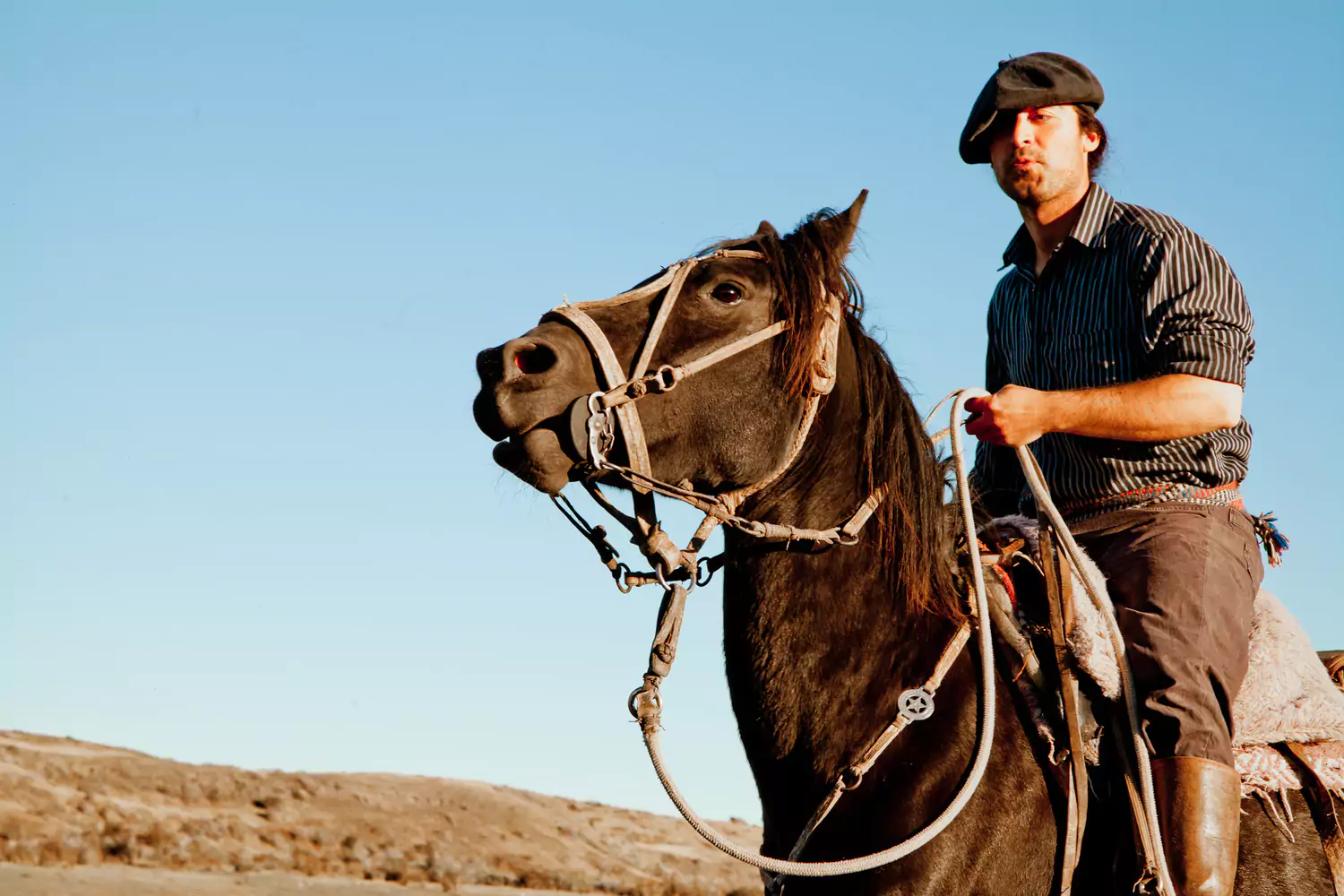
Multi-day backpacking treks around Torres del Paine can also be arranged—the park has over 150 miles of trail, punctuated by campsites and refuges. The short “W” route, passing the Torres, the Cuernos, and Glacier Grey, can be traversed in four or five days. The full “O” circuit around the massif typically takes eight to eleven days.
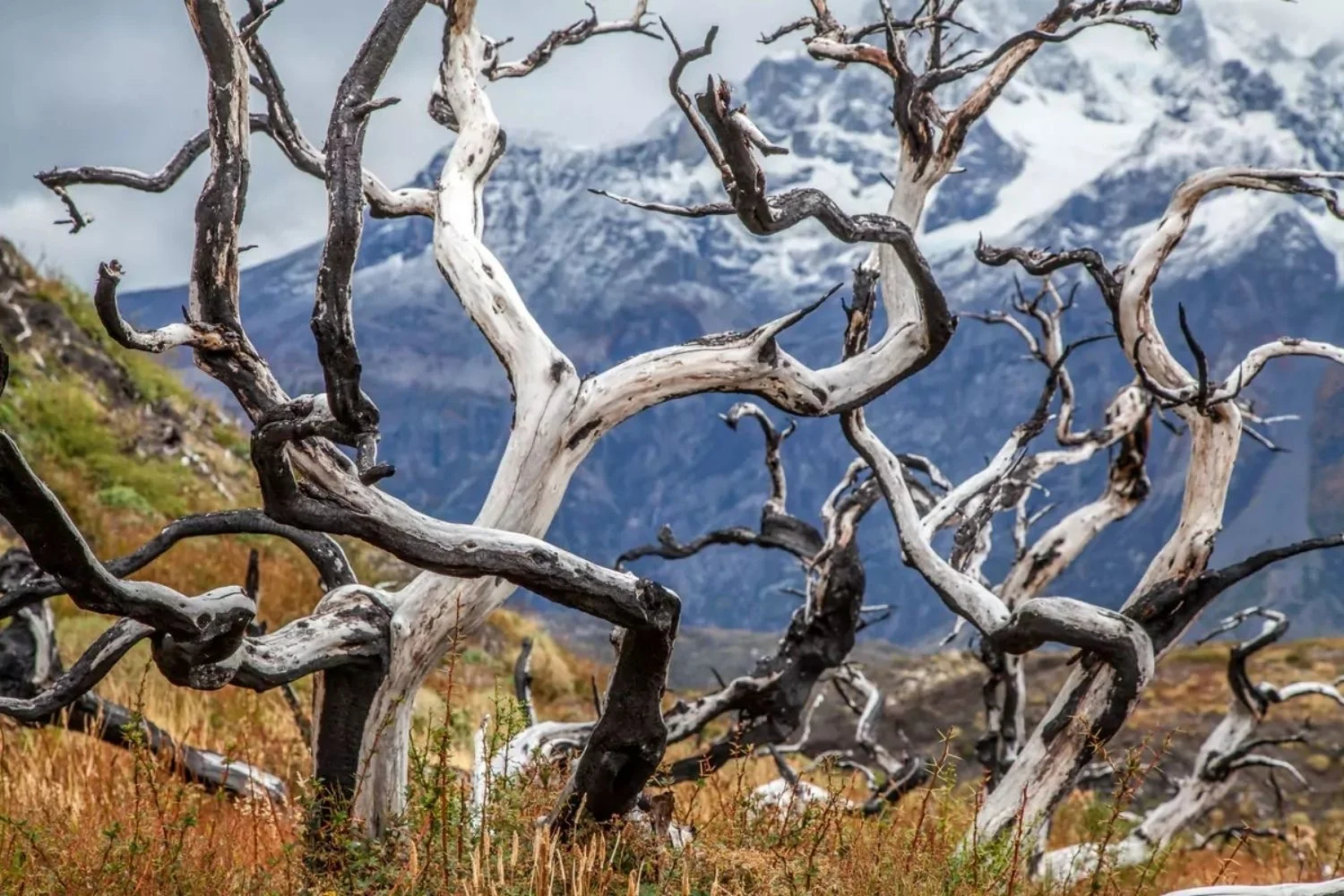
What is the Weather Like?
Torres del Paine’s climate is famously unpredictable, with conditions changing rapidly throughout the day. The warmest months are December and January, when daytime highs reach around 65°F, while nighttime lows hover near 40°F. During the shoulder months of spring and fall, temperatures typically range from 60°F to near 30°F.
Winter, spanning from May to August, brings fleeting daylight, with highs around 40°F and freezing nights. Precipitation is light year-round, but winds can be quite strong, particularly from late November to mid-March, making layered clothing essential for comfort and protection against the elements.
No matter when you visit, the weather in this area can surprise you. Mist and rain can be present at any time of the year. These averages are changing, please check extended weather forecasts using your favorite weather app prior to departure.
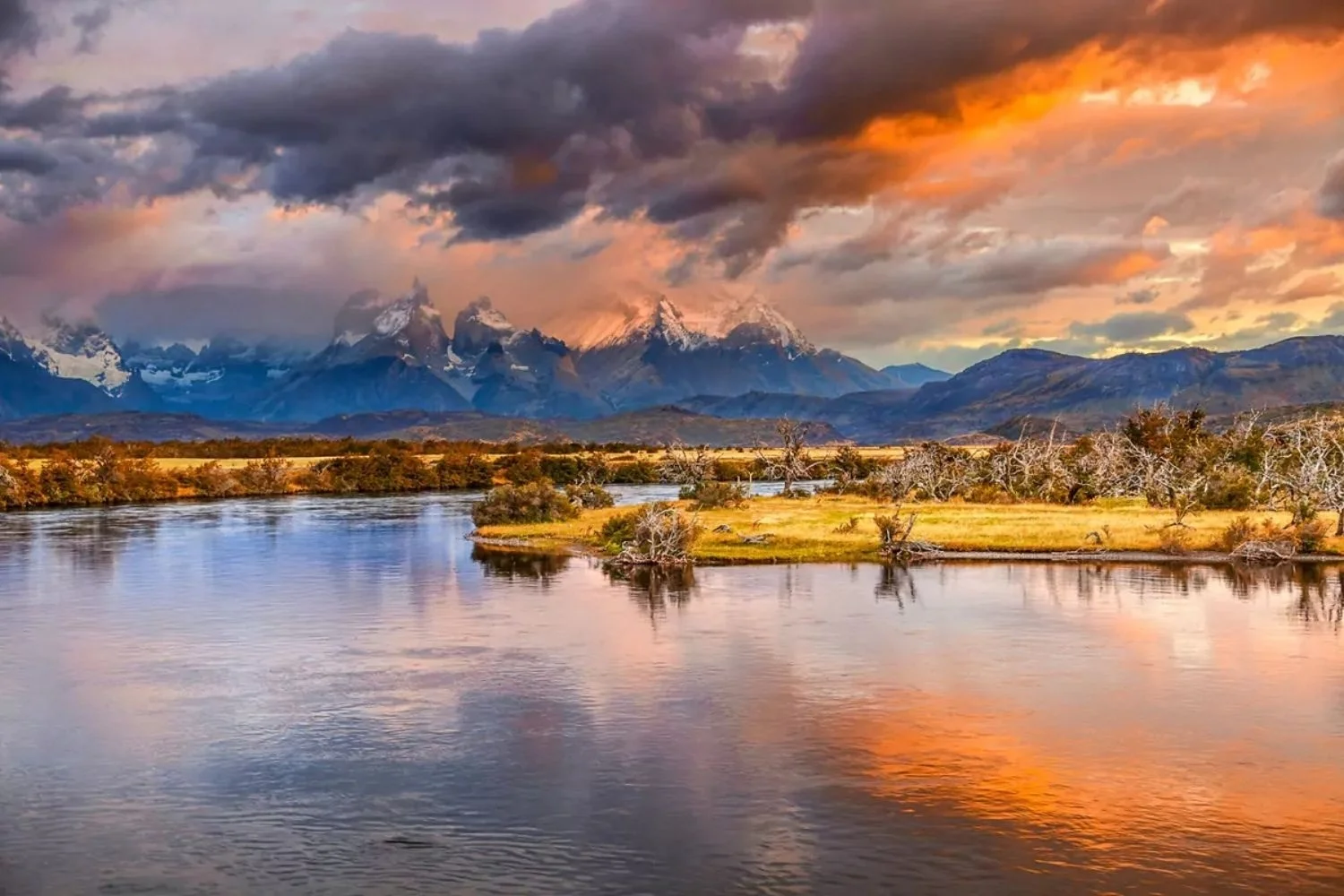
Getting There
Torres del Paine can be reached by flights from Santiago to Puerto Natales (roughly 3 hours) or Punta Arenas (3.5 hours), followed by a land transfer across the Patagonian steppe. Puerto Natales is the closes airport to Torres del Paine National Park. Punta Arenas will provide better access to the King Penguin Park and to Antarctica.
Visitors can also cross the international border from Argentina. Transportation time from El Calafate is approximately five hours. Guests can also arrive by sea, cruisung the Magellan Strait.
Start your journey today
LANDED delivers the finest in custom, private travel to Central America, South America, and Antarctica. These regions are our passion; we know them first-hand and by heart. Speak with one of our travel designers and let us create a tailored itinerary for you in Torres del Paine.
How to combine Torres del Paine
Have some extra time? Here are some options for you to combine with.

